CALL FOR PARTECIPATION
30 June – 5 July 2024, Grado, Italy
Web: https://mediterraneanschoolcomplex.net/
Watch this short video of a past edition: https://www.youtube.com/watch?v=dR1apC8-HZY
Since 2014, the school has trained nearly 350 young researchers in network science, with a highly interdisciplinary flavor. The goal of the school is to provide a theoretical background to students (Master, PhD) and young researchers in the field, with particular attention to current trends in Network Science; and to promote philosophical and scientific exchange between all participants, i.e., lecturers and attendants (including talks, debates, scientific group activities).
We will host lectures and focused seminars about the most recent advances on:
- Structure and dynamics of complex networks
- Robustness and resilience, from empirical biological systems to human-made systems
- Ecological systems, from micro to macro scales
- Biological systems, from interactomes to connectomes
- Network epidemiology
- Network science and machine learning
- Network inference
Lecturers
- Baruch Barzel (Bar-Ilan University)
- Manlio De Domenico (University of Padua)
- Miguel Angel Muñoz (University of Granada)
Focused Seminars
- Sandro Azaele (University of Padua)
- Valeria d’Andrea (University of Padua)
- Clara Granell (Universitat Rovira i Virgili)
- Marco Grassia (University of Catania)
- Tiago Peixoto (Central European University)
Cocktail Night Talk
- Jacopo Grilli (ICTP)
Application and Registration are mandatory for participants.
Visit the official webpage for details: https://mediterraneanschoolcomplex.net/
Participation is in-person and limited to 50 attendants. Early applications will be appreciated.
IMPORTANT DATES
- Application deadline: 11 February 2024
- Notification of Acceptance: 18 February 2024
- Registration deadline (payment): 3 March 2024
- Help with accommodation reserved: 10 March 2024
- School: 30 June – 5 July 2024



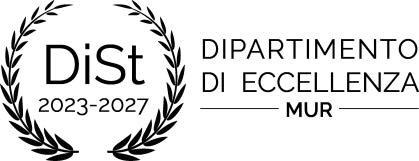
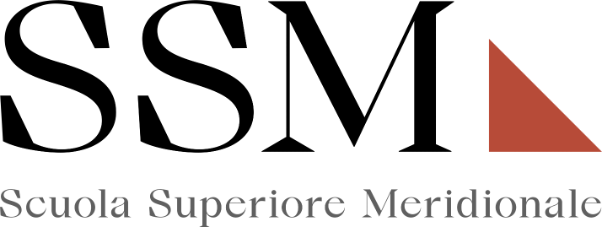
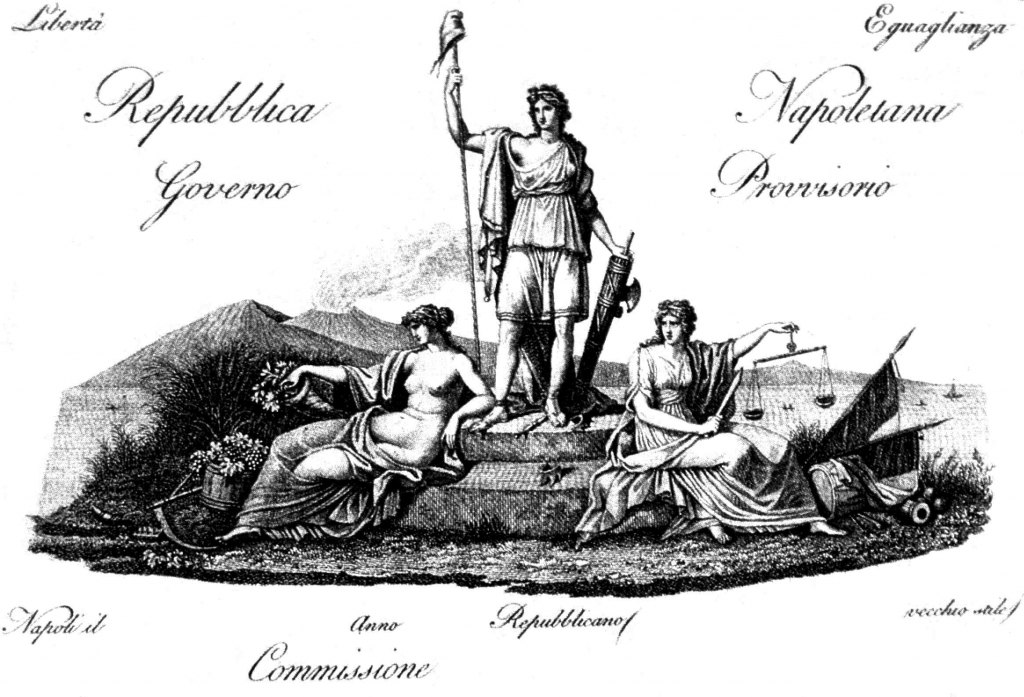

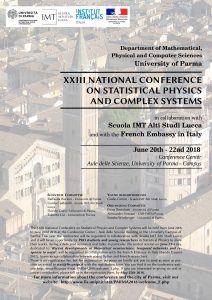
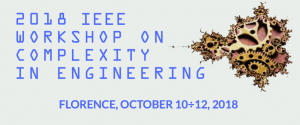 Keynote Speakers:
Giovanni DE NINNO (University of Nova Gorica, Slovenia)
Nadia DOMINICI (VU University Amsterdam, The Netherlands)
Philippe GHENDRIH (CEA, IRFM, France)
Antonio POLITI (University of Aberdeen, UK)
Important dates:
Deadline for Abstract/Paper Submissions
May 31 2018
Notification of Acceptance
June 30 2018
Duccio Fanelli (co-organizer) on behalf of the Organizing Committee of COMPENG 2018
Keynote Speakers:
Giovanni DE NINNO (University of Nova Gorica, Slovenia)
Nadia DOMINICI (VU University Amsterdam, The Netherlands)
Philippe GHENDRIH (CEA, IRFM, France)
Antonio POLITI (University of Aberdeen, UK)
Important dates:
Deadline for Abstract/Paper Submissions
May 31 2018
Notification of Acceptance
June 30 2018
Duccio Fanelli (co-organizer) on behalf of the Organizing Committee of COMPENG 2018